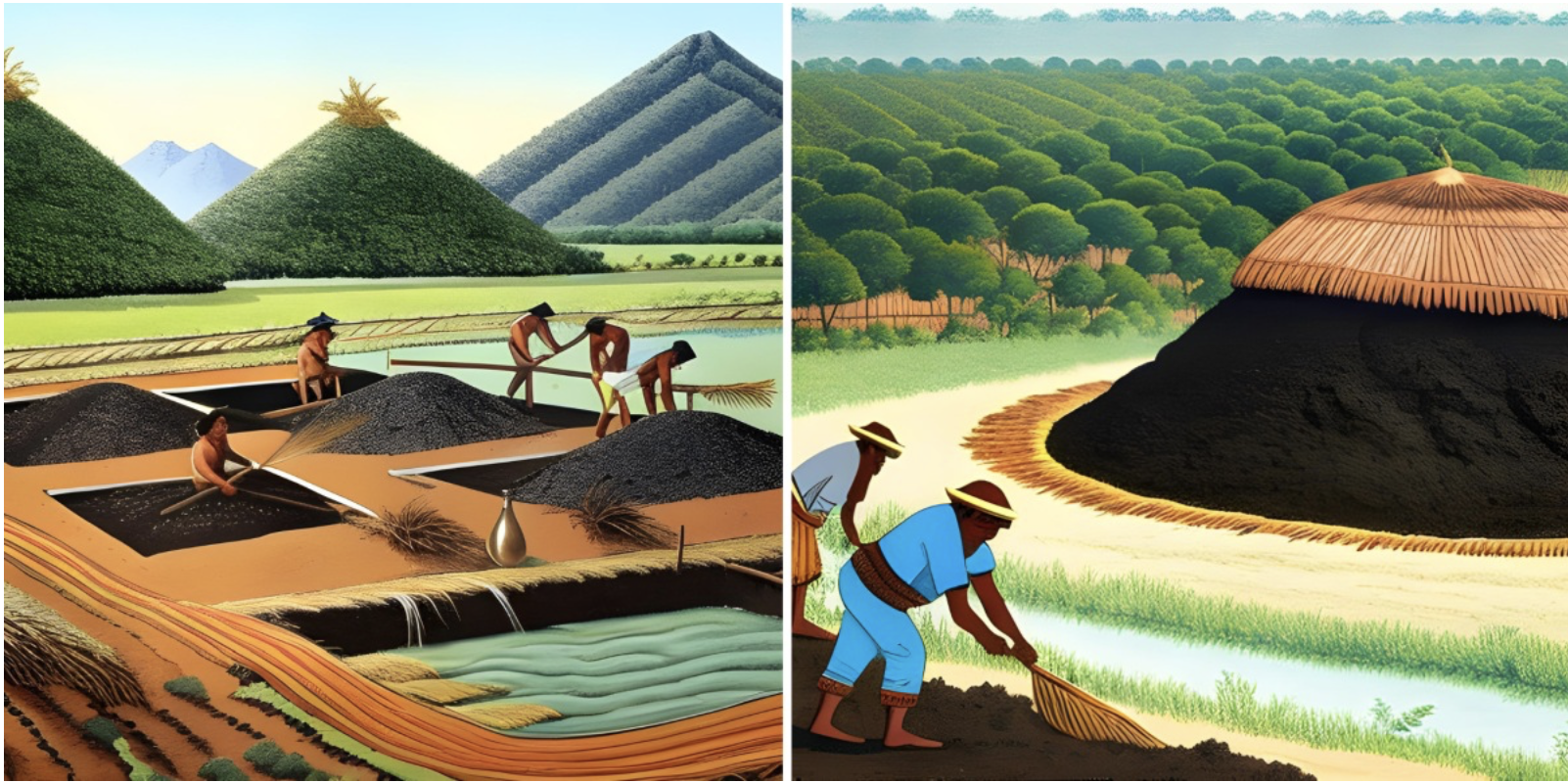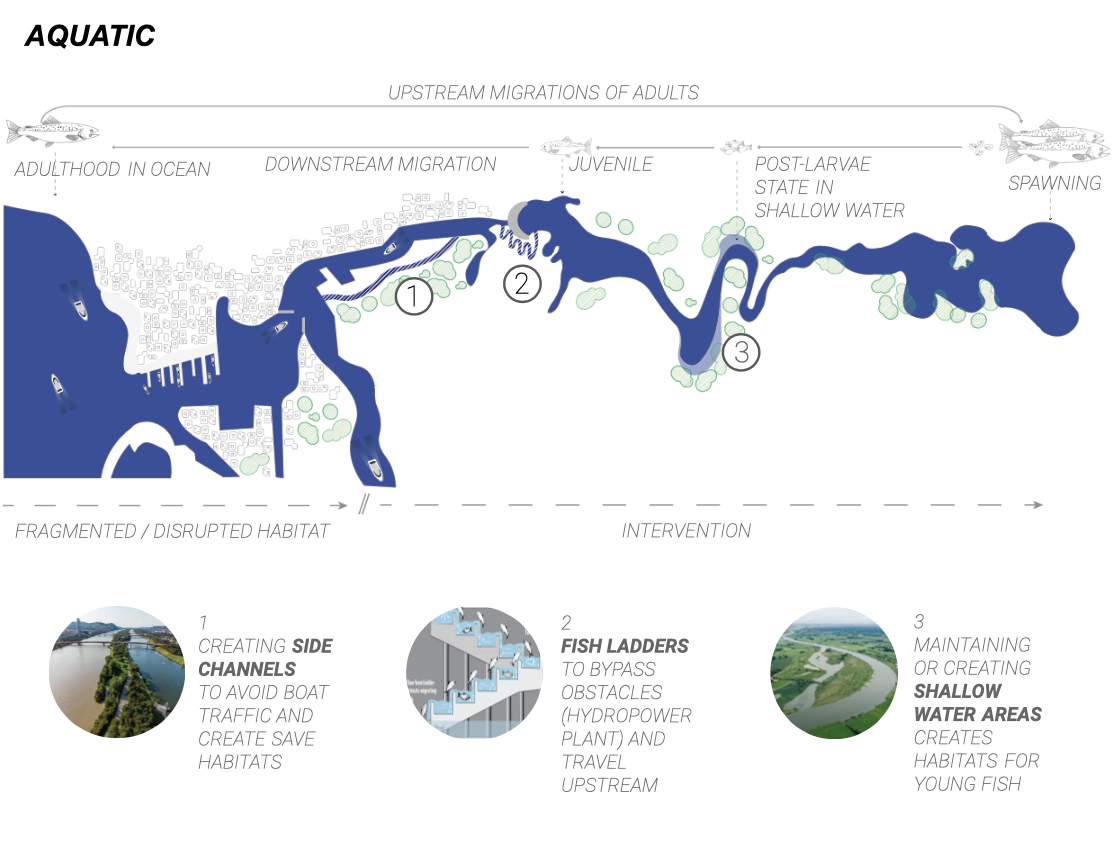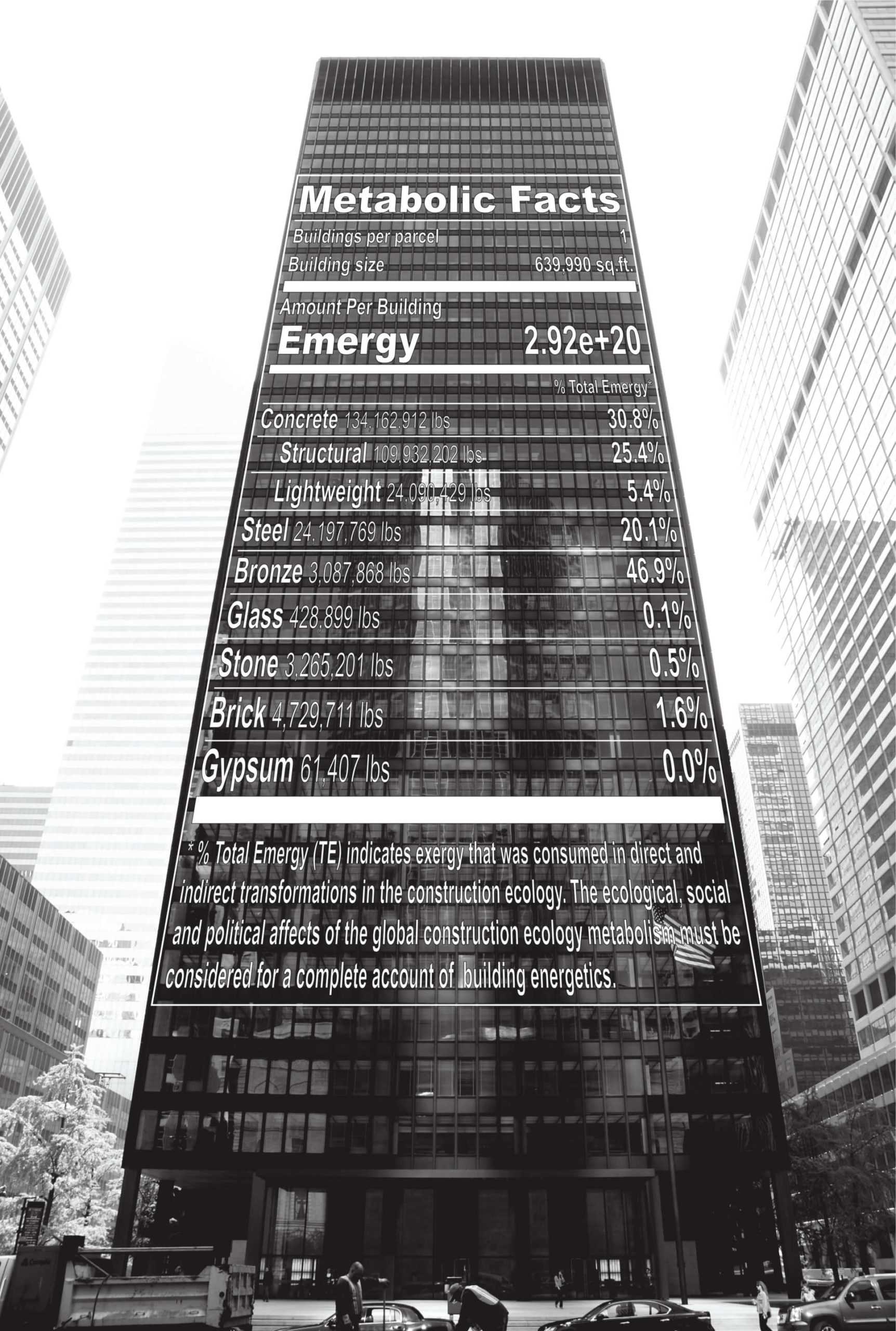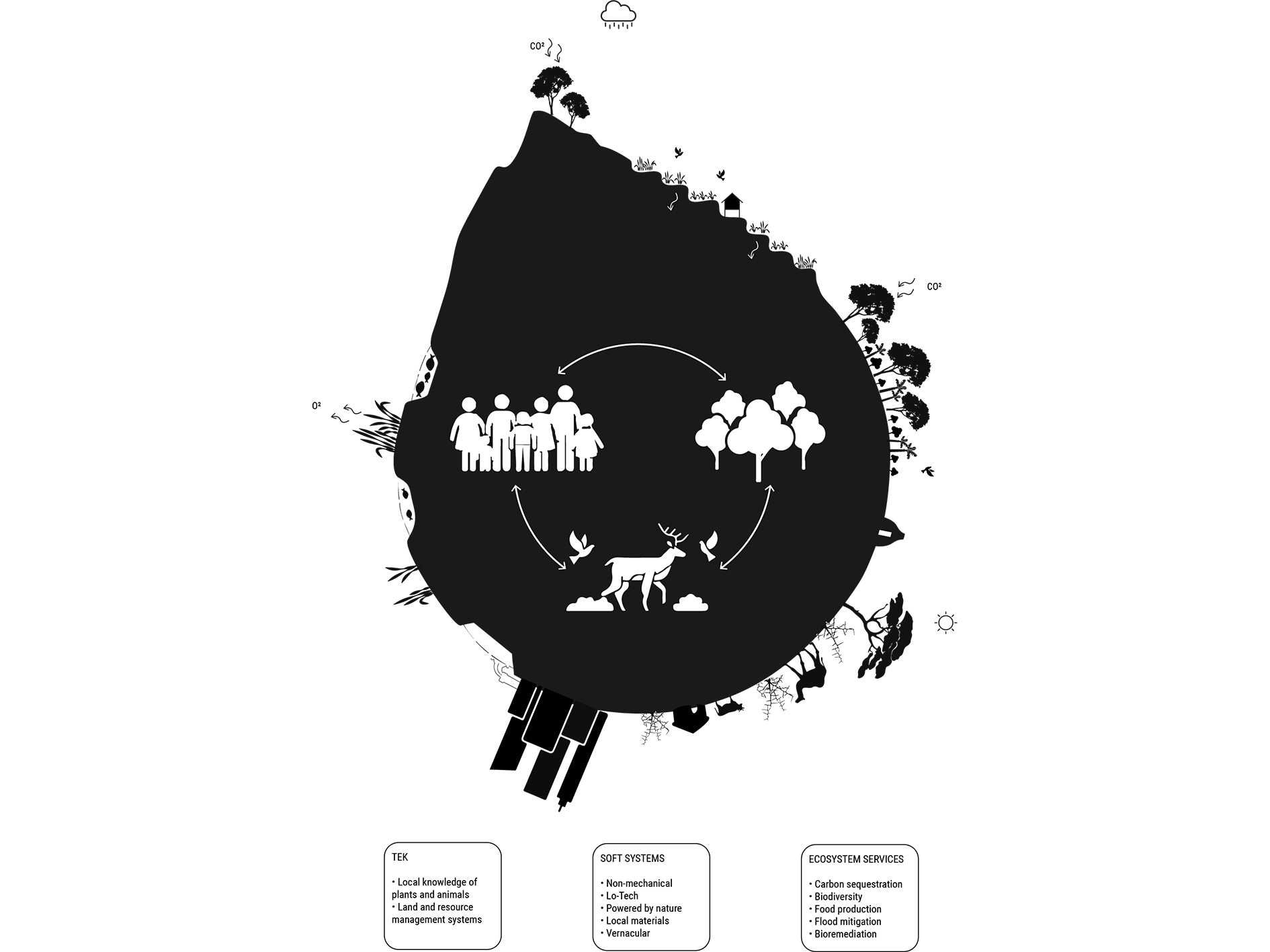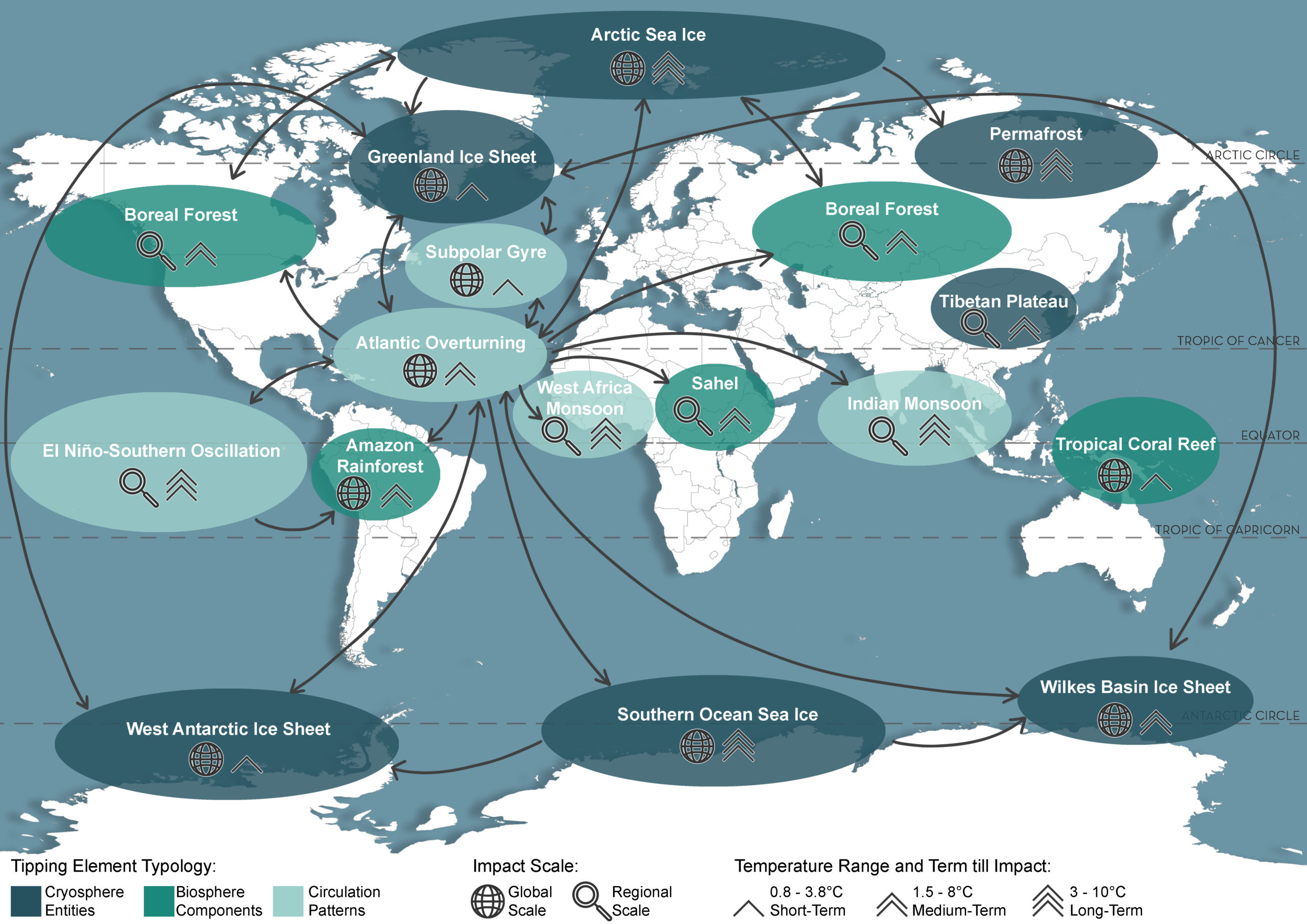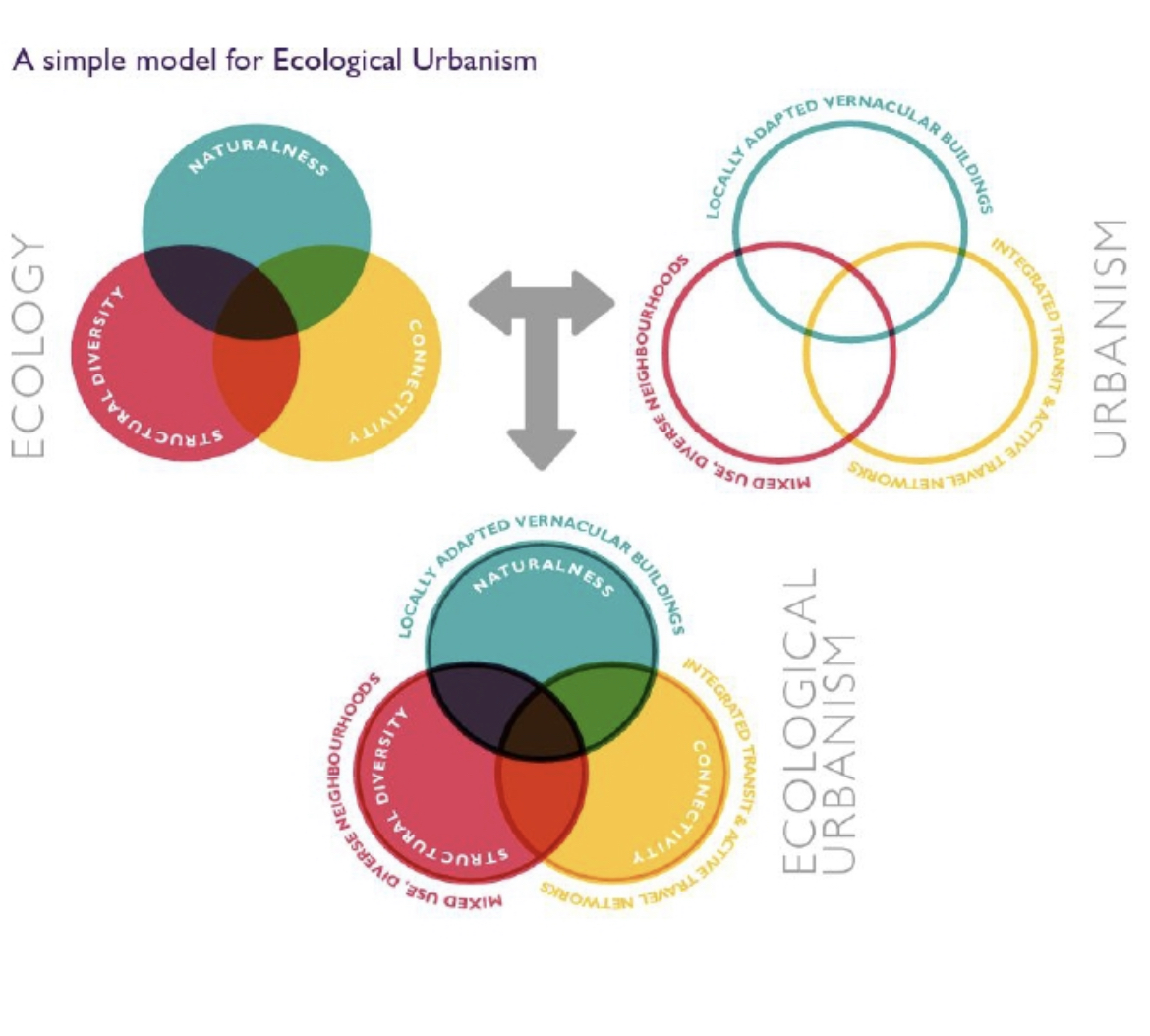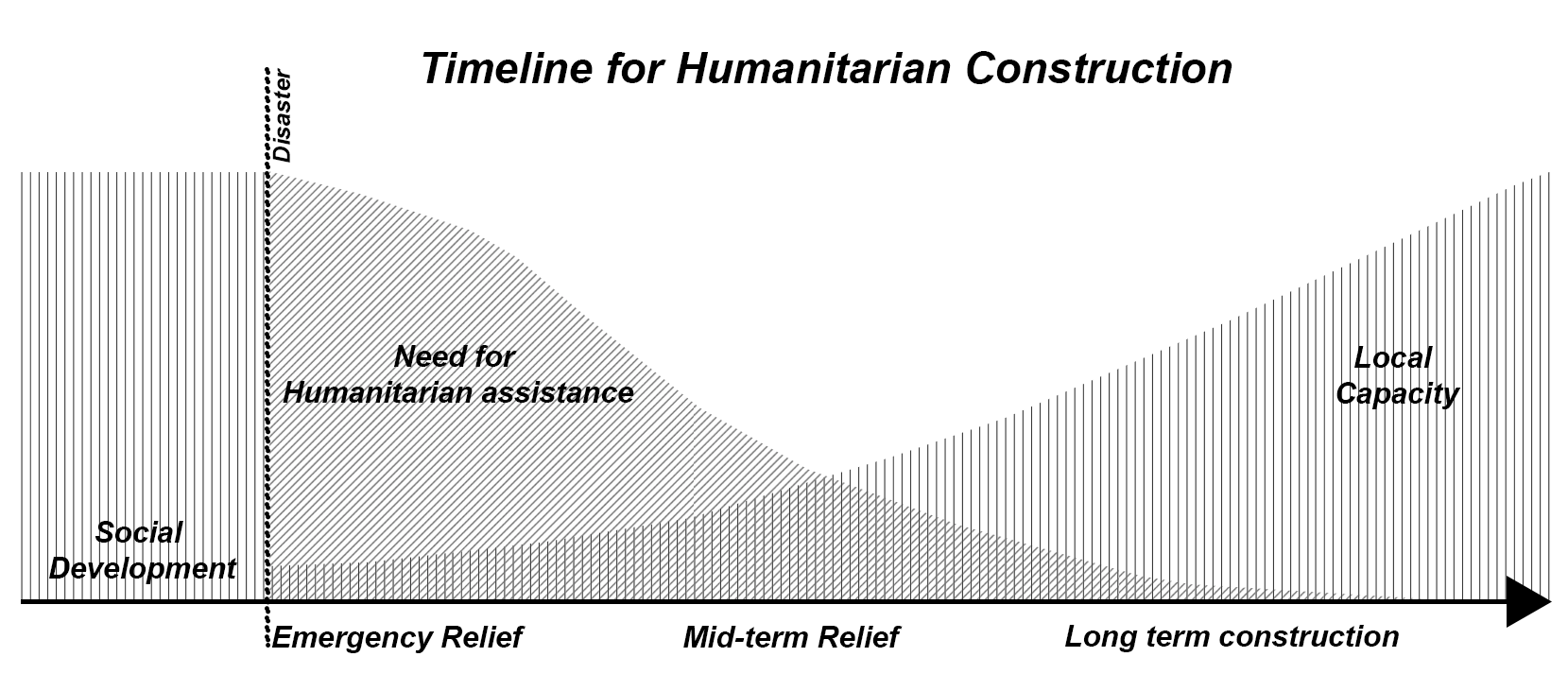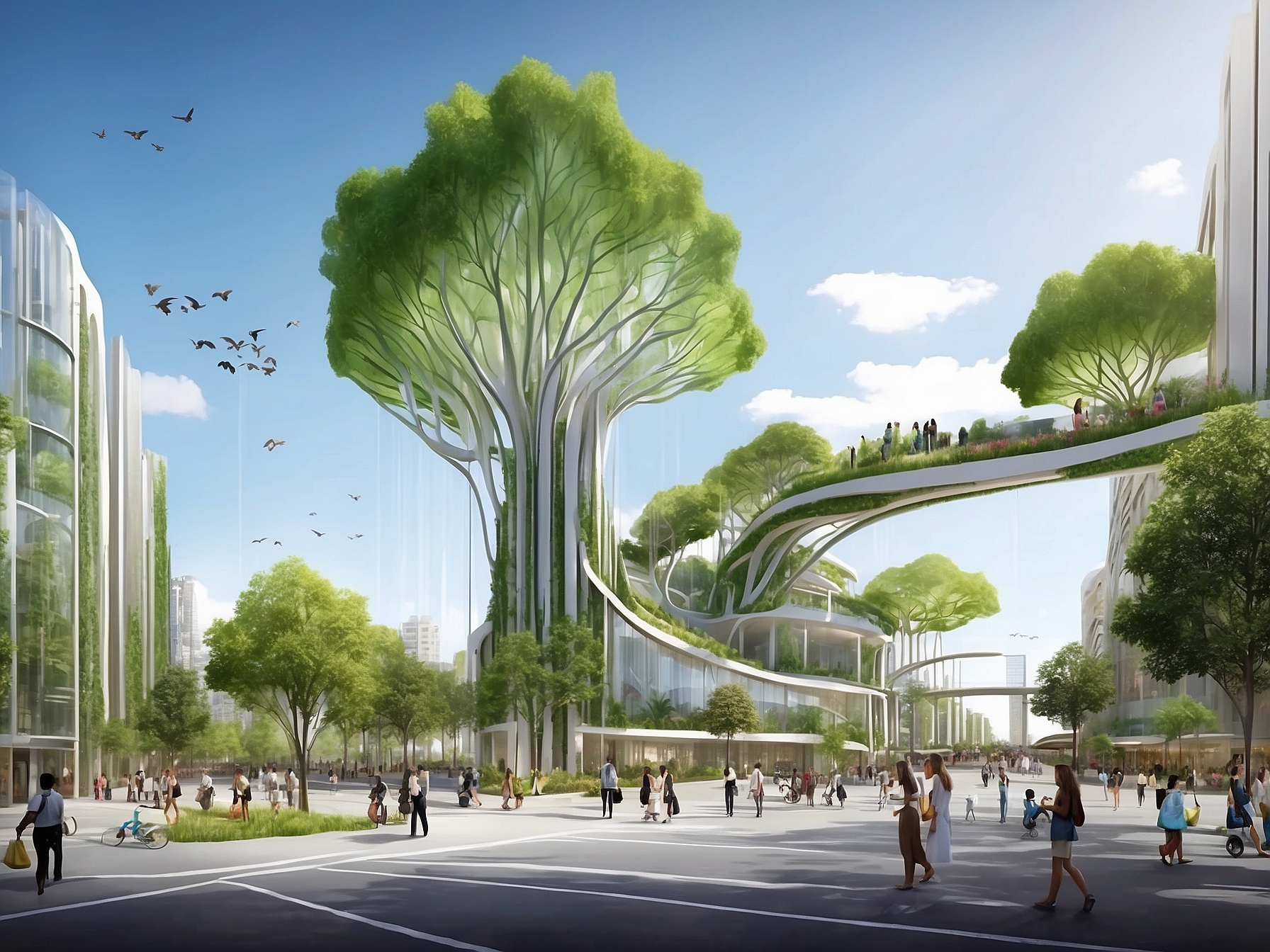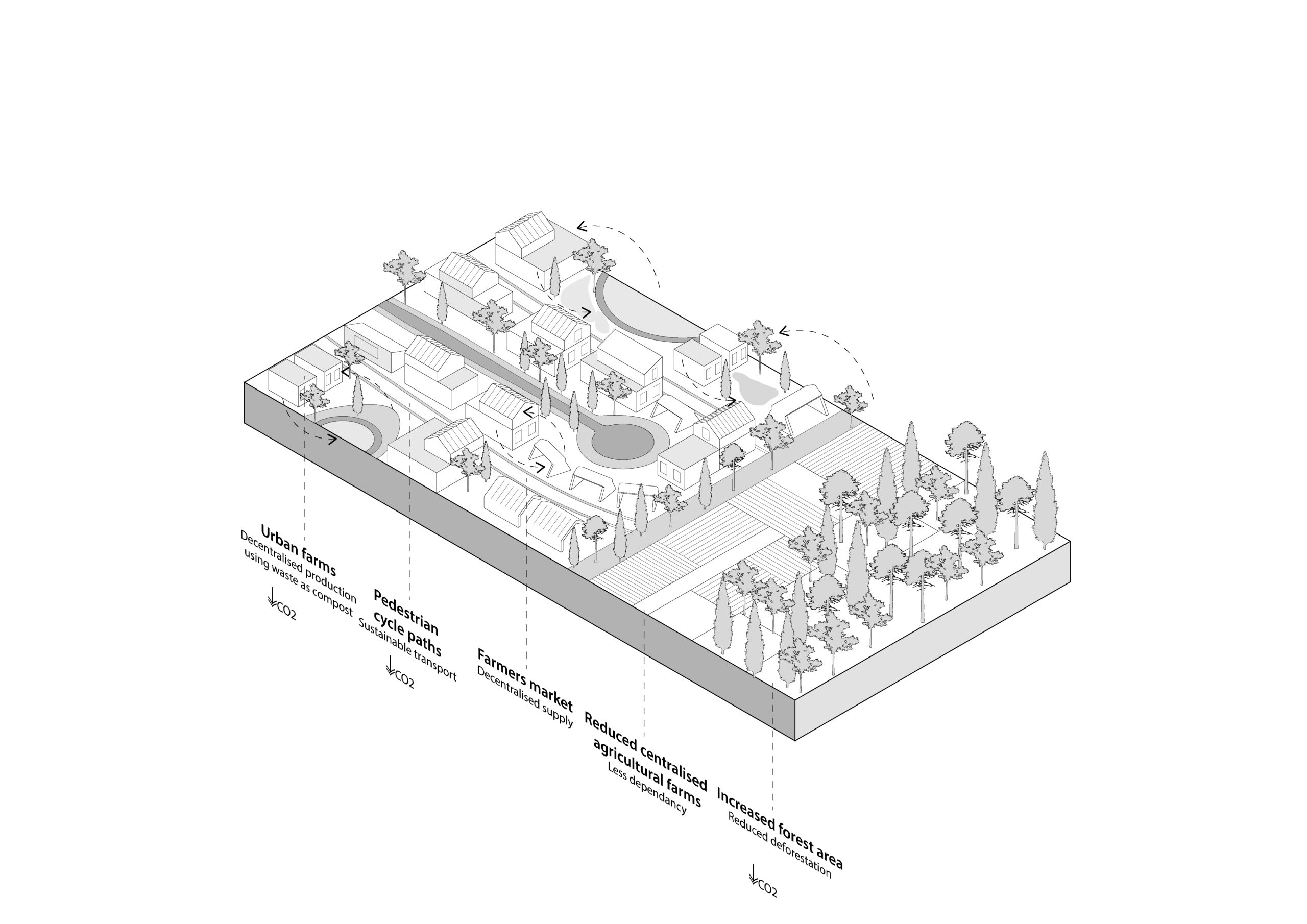Defining Biocities: Things don’t exist until you name them.
Syllabus
Defining Biocities seminar aims to explore the concept of Biocities – cities that follow the rules of natural system in order to promote life and engage students in the creation of a publication in the form of book – a dictionary that encompasses various fields related to renaturalization of cities, nature-based solutions, ecological materials, urban climatology, and more. Students will conduct research, study various subjects, and collaborate in groups to contribute to the development of this comprehensive resource.
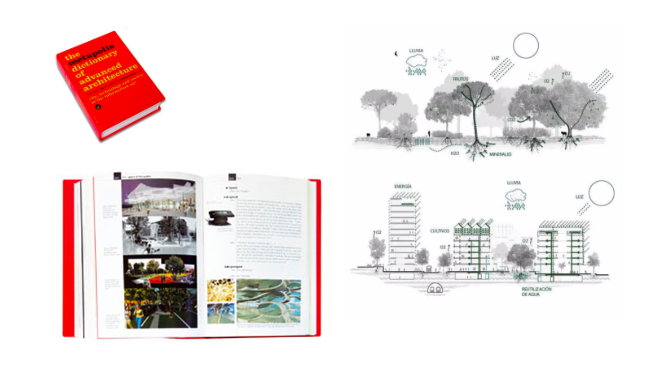
Not only will the students have the opportunity to contribute their work to the book, but they will also had a chnace to be credited alongside esteemed contributors such as Alan Organschi, Marc Palahi, and Vicente Guallart. Their names will be prominently featured among the list of collaborators, acknowledging their valuable input and recognizing their contribution to the publication. This offers students a unique chance to showcase their research, insights, and creative efforts alongside renowned experts in the field, further validating their involvement and enhancing their professional portfolio.
Faculty
Projects from this course
Defining Biocities
In the ever-evolving landscape of urban planning, the concept of “Biocities” has emerged as a beacon of hope for a sustainable future. As we delve into the intricacies of creating urban spaces that harmonize with nature, it becomes imperative to establish a shared language— a lexicon that defines the essence of Biocities. This blog post … Read more
Defining Bio-cities
Emergy/?n??d?i/[Noun] Emergy is the amount of energy consumed in direct and indirect transformations to make a product or service. Emergy is a measure of quality differences between different forms of energy. Emergy is an expression of all the energy used in the work processes that generate a product or service in units of one type … Read more
Defining Biocities
Accidental Sustainability [Noun] In the mid-1990s, Cuba experienced economic depression and a collective food crisis after the dissolution of the Soviet Union. In this ‘Special Period’ , the lack of capital and resources necessitated preserving and maximizing the island’s natural resources. It led to the introduction of organic agriculture. The citizens also started sharing and … Read more
Defining Biocities | Words defined by Hans Joachim Schellnhuber
Defining BioCities is set to be the second addition to the First series titled ” The Metapolis Dictionary of Advanced Architecture”. The book was published 25 years ago and since then the world has transitioned into the age of sustainability and regenerative design. For the same, the new edition looks into the compilation of words, … Read more
Defining Biocities
Defining Biocities explores the concept of Biocities, urban environments designed in harmony with natural systems to enhance life, To simplify comprehension, we were introduced to key authors, delving into the terminologies they discussed. Through research and exploration, we enhanced our personal understanding of the words and concepts, making the intricate topic more accessible. “Design for … Read more
X min city
How long do you need to go to your school and office? I do 10 mins usually, but when I live in Japan, I need a commute time, over 1 hour. After modernization, The larger the city becomes, the longer our commute time is.Various urbanists and researchers have developed plans that match the scale of their … Read more
Urban Drainage Systems
There are different implementations around the world for Urban drainage systems that had been evolving throughout the time, implemented with different solutions responding to the conditions of the place from informational, topographical to climatological. Developing codes and norms for its correct implementation. LID-Low impact development. Used in North America and New Zealand. Combines a hydrologically … Read more
DEFINING BIOCITIES : Anthropocene and Impacts
01. Anthropocene [Noun] The term “Anthropocene” combines “anthropo,” meaning “human,” with “-cene,” referring to geological time scales[hierarchical series of smaller chunks of time]. Anthropocene is an unofficial unit of geologic time, used to describe the most recent period of the contemporary global environment dominated by human activity which has a significant impact on the planet’s … Read more
Defining Biocities
Defining Biocities seminar aims to explore the concept of Biocities – cities that follow the rules of natural system in order to promote life and engage students in the creation of a publication in the form of book.
Defining Biocities
Life cycle Assessment Synonyms: Life cycle analysis Noun Life cycle assessment (LCA) is a tool to evaluate possible environmental effects at every stage of a product’s (which can be commodities, technologies, or services) life cycle, from acquiring natural resources through production and consumption to waste management (including disposal and recycling). Four Components of Life-cycle Analysis … Read more
Defining Biocities (Stefano Boeri)
In the process of creating this blog post dedicated to defining a Biocity, I played a crucial role in conducting comprehensive research and contributing to the compilation of a specialized dictionary. As part of a collaborative effort involving students from the Institute for Advanced Architecture of Catalonia (IAAC), and under the guidance of mentors Honorata … Read more
Defining Biocities
The ‘Defining biocities’ class revolves around studying different concepts of design for a ‘Bio-city’ at various scales and in a multi-disciplinary approach. The following words are identified by the author because there is potential in these words to be associated with designing Biocities. Food-sensitive planning and Urban design This is most likely one of the … Read more


